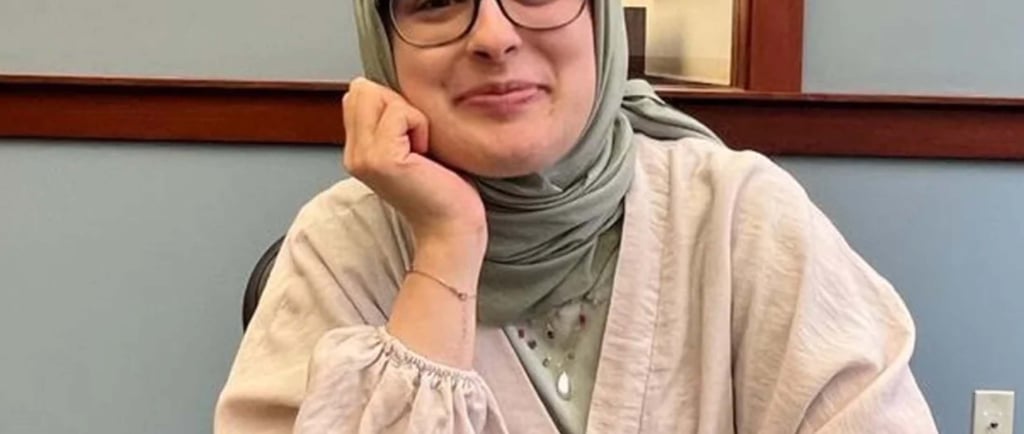The Detainment of Rümeysa Öztürk: Implications for Academic Freedom
Rümeysa Öztürk, a Turkish doctoral student at Tufts University, was detained by U.S. Immigration and Customs Enforcement (ICE). This action was part of a broader crackdown on pro-Palestinian student activists.
6/20/20251 min read


The Incident Involving Rümeysa Öztürk
In a striking turn of events, Rümeysa Öztürk, a Turkish doctoral student at Tufts University, was detained by U.S. Immigration and Customs Enforcement (ICE). This action was part of a broader crackdown on pro-Palestinian student activists. The incident has raised significant concerns about the rights of international students and the implications of academic freedom.
The Context of Activism in Academia
Rümeysa Öztürk’s involvement in pro-Palestinian activism highlights a growing trend within academia, where students are increasingly vocal about social justice issues. The detention underscores a troubling reality where academic dissent is being met with punitive measures. Activism among students, particularly in U.S. universities, has become a point of contention, with various stakeholders voicing their opinions on the legitimacy of such expressions.
The Broader Implications of the Detention
Öztürk's detention serves as a cautionary tale for other students engaging in similar forms of activism. It poses a critical examination of the intersection between immigration laws and freedom of speech in educational institutions. As universities strive to be platforms for open dialogue, the constraints imposed by law enforcement threaten to silence dissenting voices. Rümeysa Öztürk’s case could set a precedent affecting future activism, inspiring fear rather than empowerment among students wishing to articulate their views on contentious issues.
The ramifications of such actions extend beyond the immediate experience of the student involved. It invites questions about the responsibility of educational institutions in protecting their students’ rights and fostering an environment supportive of diverse viewpoints. As more incidents like this gain visibility, it becomes evident that the academic community must rally to protect the freedoms that underpin scholarly pursuit.
In conclusion, Rümeysa Öztürk’s detention is not just an isolated incident; it represents a larger pattern of hostility faced by those who dare to speak out. It calls for a collective response from academic institutions, students, and advocacy groups to uphold the principles of freedom of expression and protect the rights of all students, particularly those from marginalized backgrounds.
